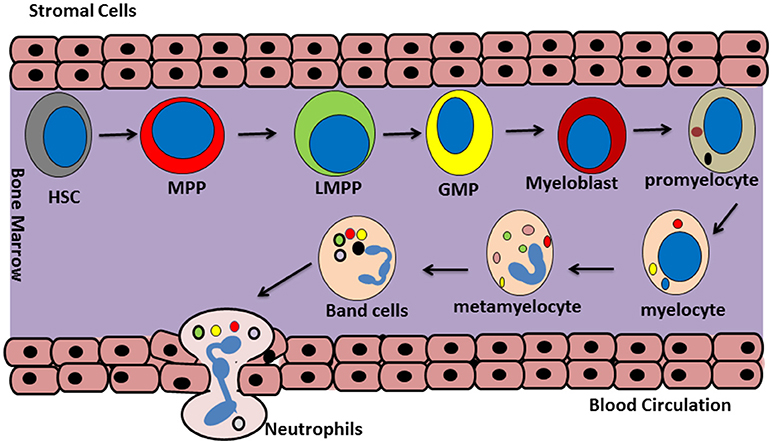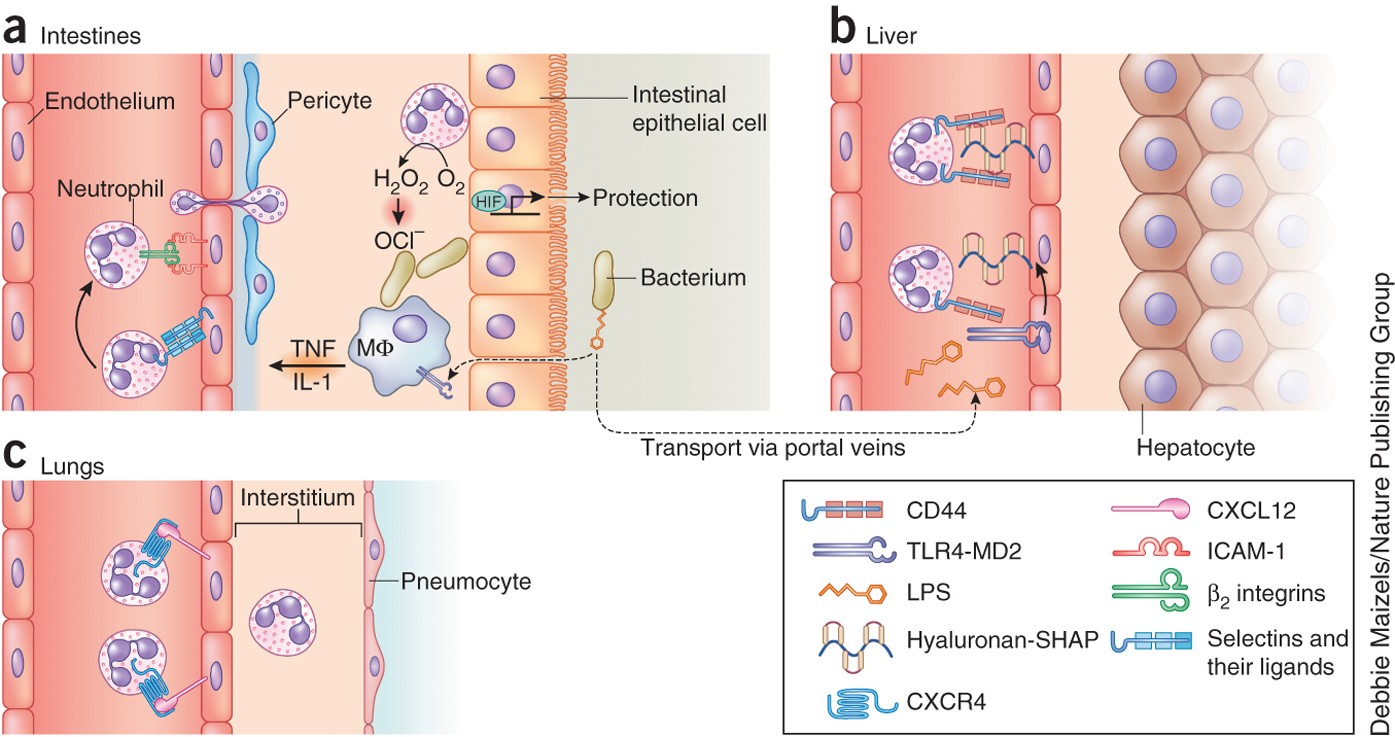How Do You Naturally Boost Neutrophil Count?
What Is Neutropenia And How Long Does It Last? What Is A Neutropenic Diet?
Keywords searched by users: How do you increase neutrophils what vitamin can increase neutrophils, how to increase neutrophils with diet, how can i increase my neutrophils naturally, Neutrophil là gì, how to increase neutrophils during chemo, how to increase neutrophils during chemo naturally, does b12 increase neutrophils, Neutrophils
How Can I Increase My Neutrophils Naturally?
“How can I naturally boost my neutrophil count? One effective approach to increasing low neutrophil blood levels is by incorporating foods rich in vitamins B9 (folate) and B12 into your diet or taking these vitamins as supplements. Vitamin B9, found in foods such as leafy greens, legumes, and fortified cereals, plays a crucial role in supporting healthy neutrophil production. Additionally, vitamin B12, which can be obtained from sources like eggs, milk, and other dairy products, also contributes to the enhancement of neutrophil levels. By ensuring you consume these essential nutrients, you can promote the natural increase of neutrophils in your bloodstream, thus fortifying your immune system.”
What Foods Can Increase Neutrophils?
Which foods can help boost neutrophil levels in the body? Neutrophils are a type of white blood cell that plays a crucial role in our immune system’s defense against infections. To support the production and function of neutrophils, it’s important to include specific foods in your diet. Some examples of foods that can aid in increasing neutrophil levels include:
-
Lean meats: Choose lean cuts of meat such as chicken and turkey, as they provide essential amino acids necessary for neutrophil production.
-
Fish: Fatty fish like salmon, mackerel, and trout are rich in omega-3 fatty acids, which have anti-inflammatory properties and can support a healthy immune response.
-
Leafy greens: Spinach, kale, and broccoli are excellent sources of vitamins and minerals, including folate and vitamin C, which are essential for neutrophil function.
-
Citrus fruits: Oranges, grapefruits, and lemons are high in vitamin C, known to enhance the activity of neutrophils.
-
Berries: Blueberries, strawberries, and raspberries are packed with antioxidants that can help protect neutrophils from oxidative damage.
-
Garlic and onions: These aromatic vegetables contain sulfur compounds that may boost the immune system and support neutrophil activity.
-
Nuts and seeds: Almonds, walnuts, and flaxseeds provide healthy fats and zinc, both of which are important for immune function.
-
Whole grains: Opt for whole grains like brown rice, quinoa, and oats, as they contain fiber and essential nutrients that contribute to a well-functioning immune system.
By incorporating these nutrient-rich foods into your diet, you can help increase your neutrophil count and strengthen your body’s ability to fight off infections. Please note that if you have specific medical conditions or dietary restrictions, it’s advisable to consult with a healthcare professional or a registered dietitian for personalized guidance on your diet.
How Quickly Can Neutrophils Increase?
How rapidly neutrophil levels increase depends on the body’s ability to restore a healthy count of these white blood cells. When the bone marrow, which is responsible for producing neutrophils, resumes its regular production, the neutrophil count begins to climb. This process can vary in duration and may take anywhere from a few days to as long as three to four weeks to return to a normal, healthy level. The time frame for this recovery can be influenced by various factors, including the individual’s overall health and the underlying cause of the neutrophil depletion. (Note: The date “28th April 2017” from the original passage does not appear to be directly related to the topic and is excluded in this rewrite.)
Top 16 How do you increase neutrophils



:max_bytes(150000):strip_icc()/What-does-high-neutrophils-low-lymphocytes-mean-5210245_final-18f3a6d8f4034189a893739a7f438d4f.jpg)


Categories: Update 26 How Do You Increase Neutrophils
See more here: xecogioinhapkhau.com

Eating foods rich in vitamins B9 or B12 or taking these as supplements may help improve low neutrophil blood levels. Examples of foods rich in vitamin B12 include: eggs. milk and other dairy products.The neutrophil count starts to rise again as the bone marrow resumes its normal production of neutrophils. It can take as long as three to four weeks to reach a normal level again.Treatment of neutropenia. Treatment may include one or a combination of the following: Myeloid growth factors: These are proteins that stimulate the bone marrow to produce more white blood cells to help the body fight infections. They are also known as growth factors or colony-stimulating factors (CSFs).
- Changing dosage or timing of chemotherapy.
- Getting a white blood cell transfusion.
- Stopping any medication that causes a low white blood cell count.
- Taking antibiotics or drugs that promote white blood cell production.
- Commercially packaged cheese and cheese products made from pasteurized milk.
- Canned meat or fish or meat spreads.
- Well-cooked tofu.
- Dried fruits.
- Canned or bottled roasted nuts.
- Frozen or canned fruits and vegetables.
- Cooked pasta, rice and other grains.
Learn more about the topic How do you increase neutrophils.
- What are Neutrophils? Neutrophil Count Explained
- Neutrophils: Functions and count result meanings
- Neutropenic diets: What cancer patients should know
- Neutropenia and Infections | Side Effect of Cancer | CancerCare
- Low White Blood Cell Counts | Neutropenia
- The Role of Physiological Vitamin C Concentrations on Key Functions of …